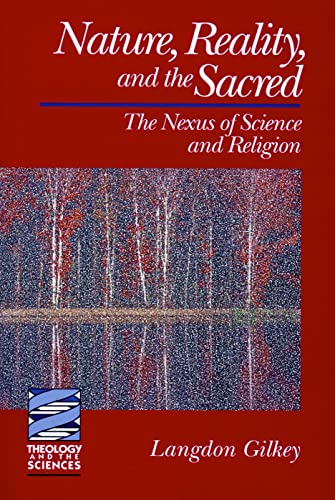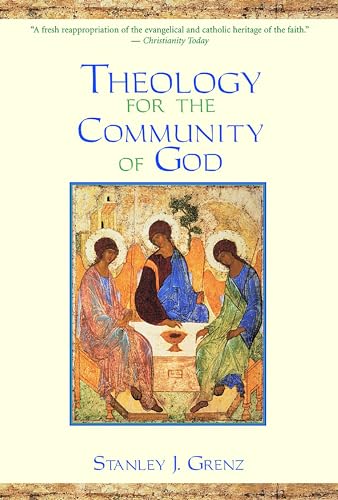Evangelism: A Concise History
Written by John Mark Terry Reviewed By Thom S. RainerSince about 1970 the field of evangelism has been recognized as a distinct and legitimate area for academic study in seminaries and Bible colleges. Prior to that date, most books on evangelism were concerned with pragmatic and practical aspects of personal witnessing and church evangelism. The Christian world has been blessed with a plethora of academic writings on evangelism since that time.
Terry is well qualified to write an evangelism textbook. He serves as the associate dean of the Billy Graham School of Missions, Evangelism, and Church Growth. In addition, he is one of the few professors in the USA who is qualified to teach in the three diverse fields represented by this school.
Though a few books have been written on the history of evangelism, Terry’s work makes two important contributions. First, the book’s brevity (210 pages) allows the work to be used as a supplemental text, particularly in evangelism and church history courses. Second, the author’s passion to evangelize the lost, to see men and women accept Christ as their Saviour, makes the book inspirational as well as informational. Evangelism: A Concise History is not a dry, theoretical and lifeless historical commentary. It is a book that makes history come alive, as one reads about men and women who, across two millennia, have sought passionately to reach the lost for Christ.
Though the book sweeps the course of 2,000 years, Terry’s insight was particularly helpful in two historical epochs. First, he cogently discusses evangelism during the Reformation. He shatters the myth that Reformers such as John Calvin were non-evangelistic. Calvin’s strong belief in election in no way cooled his evangelistic fervour. Calvin used Geneva as the base for widespread evangelistic efforts to France, sending 88 evangelists in a seven-year period. The Reformer also commissioned missionaries to take the gospel to other points of the globe.
Another insight which emerges from Terry’s book is the historical importance of spiritual awakenings and revival to the evangelization of the world. No less than four of the book’s 15 chapters are devoted to historical revivals and awakenings in the 18th and 19th centuries. Implicit within these pages are Terry’s own heartfelt prayers that God might send another such awakening to our land as we enter the 21st century.
Terry deviates from his neat chronological order in the final three chapters of the book. He discusses what he perceives to be three critical issues in the contemporary history of evangelism: youth evangelism, personal evangelism and media evangelism. While one could argue for a different mix of the most critical issues, those covered by the author are fascinating accounts of key developments within each area. Terry’s analysis of 20th-century televangelism is particularly insightful in light of recent controversies and moral failures of the televangelists.
As a fellow evangelism professor in theological education, I hope for the good of the kingdom that Evangelism: A Concise History will be read by many students of evangelism throughout the world of theological education. But this book reserves an audience beyond academia. Church members everywhere need to comprehend the evangelistic developments throughout history. An understanding of evangelistic history will not only help us to learn from past mistakes, but also help to be more obedient to the Great Commission in the future. This book meets such criteria for professors, pastors and laypersons alike.
Thom S. Rainer
The Southern Baptist Theological Seminary, Louisville, Kentucky







